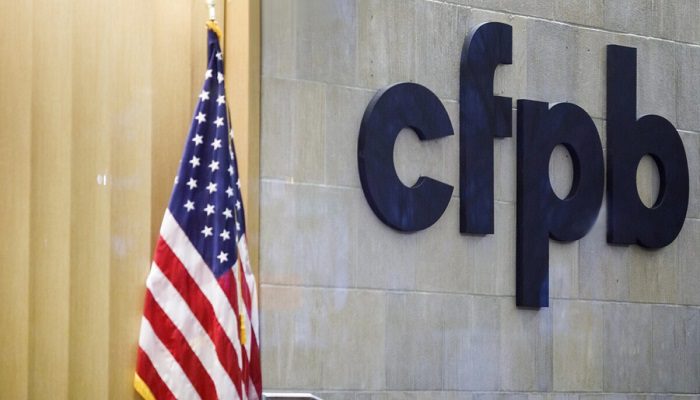The Consumer Financial Protection Bureau (CFPB) intends to move through with a rule requiring financial institutions to offer clients their own data in order to promote open banking and open finance, which is anticipated to boost competition in the financial sector.
In a statement made at the Money20/20 conference in Las Vegas, CFPB Director Rohit Chopra provided a deadline for the bureau to develop and publish regulations that will permit customers who choose to switch card issuers or banks to migrate their account histories to a new business. They won’t have to start again with fresh documentation of their financial history, which could be useful for taxes, disagreements with retailers, or insurance claims.
The law would get people closer to open banking and open finance, he said, by requiring financial institutions to reveal customer data upon consumer request, giving individuals the power to leave banks that offer poor service, and fostering more competition in the market.
If it is successful, it will also lessen the ability of middlemen to act as gatekeepers and incumbents to construct moats, Chopra claimed. He continued that it will give significant benefits to those who offer the finest products, services, and prices.
The CFPB will make a discussion guide available for small businesses to provide feedback on the proposed regulation. The bureau will hear from small financial institutions as well as fourth-party data brokers in the upcoming months.
The proposed regulation is anticipated to be presented later in 2023, with finalisation and implementation set for 2024. A study on the information will be made available in the first quarter of 2023.
The regulations call for financial institutions to set up secure data-sharing mechanisms, such as with application programming interfaces (APIs), for bank accounts, credit cards, digital wallets, prepaid cards, and other transaction accounts. Chopra stated that he anticipates the laws to eventually apply to more products.
In a free and competitive market, it is simple for people to fire or part ways with their financial institutions for whatever reason, according to Chopra.
According to the current system, switching bank accounts is a major nuisance. Direct deposits and scheduled payments connected to the Automated Clearing House or a debit card must be reset. Additionally, customers must take these steps while managing their daily liquidity concerns. This rule will assist independent businesses that provide services to make changing recurring payments simpler.
Section 1033 of the 2010 Dodd-Frank Act gave the CFPB the power to enact such regulations. Although Chopra’s announcement was the first time a schedule was made public, the bureau made it plain in May that Section 1033 rulemaking was on its agenda.
Chopra noted that while he hopes it will drive them in that direction, the CFPB’s rules will not turn on a switch to an open ecosystem.






















